Oregon college shooting: It’s too late for America to put on the safety catch
Out of America: Another week, another mass shooting, but it seems the only solution gaining any traction is to fight fire with fire


Roseburg, Oregon. Add that place name to the recent roll call of mass shootings in America. To cite but a few: Blacksburg, Virginia; Aurora, Colorado; Sandy Hook elementary school in Newtown, Connecticut; and most recently Charleston, South Carolina, where nine parishioners were killed on June 17 during a prayer service.
And now another nine, senselessly dead in a normally tranquil corner of the Pacific north-west. What followed Thursday’s carnage at Umpqua Community College is agonisingly familiar – “routine” in President Barack Obama’s anguished words a few hours later. Yet again families have been plunged needlessly into grief that will last a lifetime; a community has been devastated.
There are stirring tales of random bravery, the inevitable, almost apologetic media invasion, and an emerging portrait of the perpetrator, invariably one of life’s losers who, thanks to guns, wins his 15 minutes of notoriety. The world meanwhile stands by amazed: how does America, the self-proclaimed leader of the civilised world, let this happen, again and again and again?
At the time of writing, some details remain unclear. These include the precise motive of 26-year-old Chris Harper Mercer, who apparently asked his victims whether they were Christians before shooting them, although apparently he wrote a “rambling” note detailing his lack of connection to people. An army of federal, state and local investigators, we are told, is working to answer these questions. But theirs is an exercise in belatedly closing stable doors. The essentials are already obvious. The young man was mentally unstable. Nonetheless, he managed to amass an arsenal of 13 weapons, six of which he took with him to the community college.
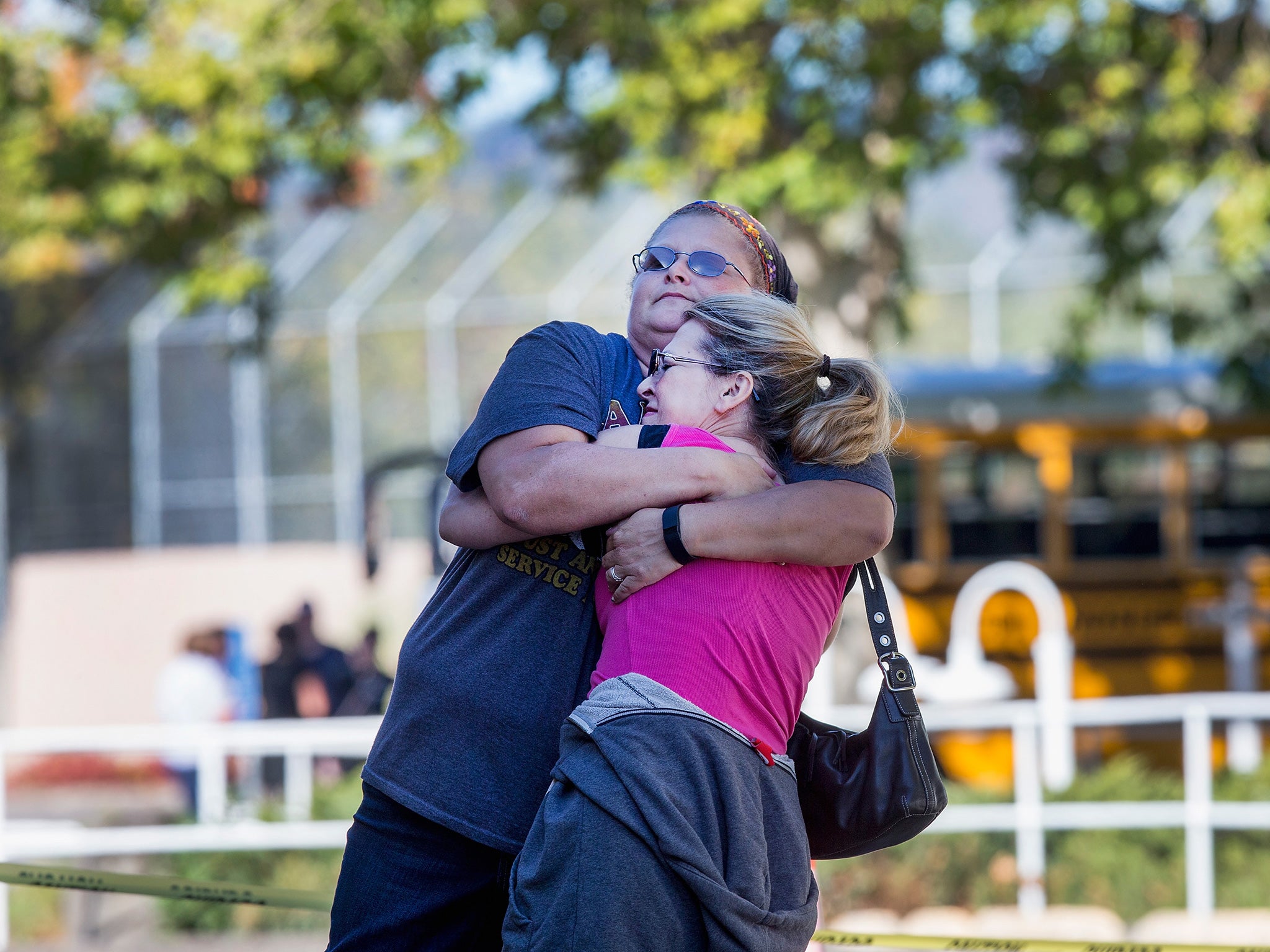
Now, the United States doesn’t have more crackpots per capita than other countries. Indeed, the fact that the Oregon shooter appears to have been at least part British only bears this out. Where the US differs is that it has guns available to all, for the instant resolution of issues ranging from anger and low self-esteem to alcohol-fuelled family quarrels and turf wars between drug gangs.
Sandy Hook, where 20 children and six teachers were massacred in a gunman’s pre-Christmas rampage in 2012, marked a nadir. Yet, since then 87,000 people have been killed by bullets. No less than 15 times since taking office Obama has had to address the nation as mourner-in-chief after such incidents. The FBI defines a mass shooting as an incident in which four or more people are killed or injured. This year there have already been 294 of them, more than one a day.
No less routine is the aftermath of incidents like Roseburg: 48 hours of outrage and clamour that “something must be done”, before the slaughter is lost in a swirl of other news: in this case the massive flooding expected from Hurricane Joaquin and – oh, yes – the election of a new Speaker of the House of Representatives.
The tide is running in favour of looser, not stricter, controls
Whichever Republican becomes Speaker must tackle issues of momentous uncertainty. Will Congress fail to raise the debt ceiling by December, prompting a disastrous national default? Can she or he prevent right-wing dead-enders from tearing the party apart? One thing, however, is all but certain. Despite Sandy Hook, Roseburg and other such horrors, forget about serious congressional action on firearms. It’s not for want of ideas. There are the old favourites, of comprehensive background checks for all, and thus an end to loopholes for internet purchases and private sales at gun shows. Americans, by a large majority, support such steps, and some states have taken such action. Elsewhere though, the tide is running in favour of looser, not stricter, gun controls.
The other approach highlights the issue of mental health. More should be spent on treating people with such problems, it is argued. Parents and classmates should exercise greater vigilance, watching for tell-tale signs among their children and friends, especially on social media and the online message boards where some recent authors of mass shootings have given heavy hints of their feelings.
This last is naturally being pressed by the National Rifle Association, faithful to its mantra that “guns don’t kill people, people do”. The powerful gun lobby of course is everyone’s villain of the piece, and its army of lobbyists do indeed hold Congress in nervous thrall. A Democrat from a rural or broadly Republican state opposes the NRA at his or her peril.
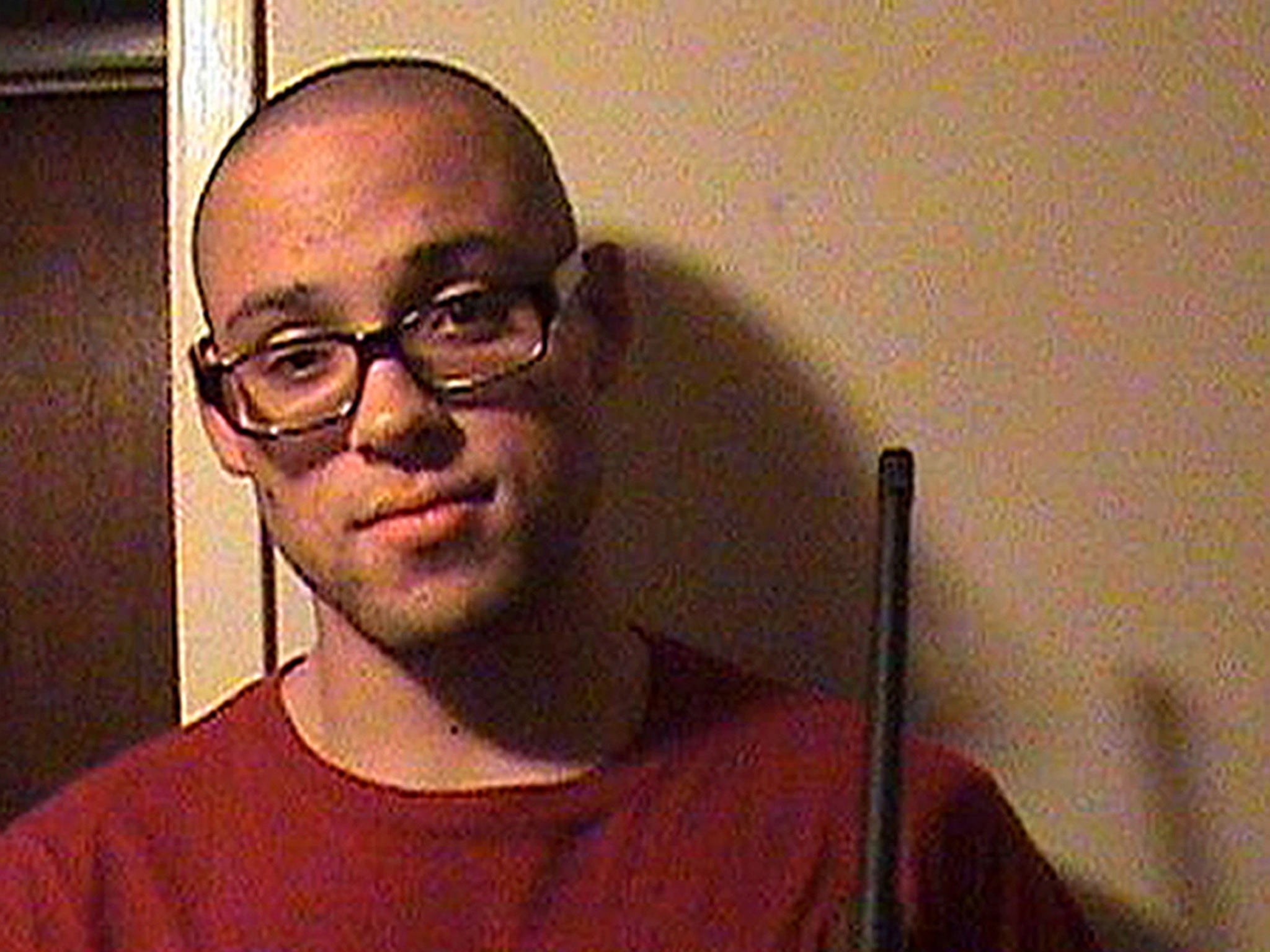
But you can’t but admire the way the NRA has played its hand. This is a country that loves its guns, and no one, least of all Obama, is suggesting that the tens of millions of Americans who hunt or are members of shooting clubs should forgo their pleasures. But the NRA has convinced its members that even the most commonsensical steps to curb gun violence are an attack on their Second Amendment right to bear arms. So it was that a decade ago, Congress refused to renew a ban on civilian ownership of semi-automatic or “assault” weapons, whose sole evident function is to kill people. For the cause of gun control it’s been downhill ever since.
But the real question is: would tighter controls make any difference? America’s mass shootings crisis is a bit like the climate control debate. It may well already be too late to do much about it. The US gun population, it is now estimated, roughly equals the country’s human one of some 316 million. There are simply too many guns out there. There’s no stopping the wrong people from getting their hands on them.
So, the NRA and others argue, why not fight fire with fire, and let everyone have the right of “concealed carry”, even university guards and church officials. As gun advocates say, “the only way of stopping a bad guy with a gun is a good guy with a gun”. The most depressing thing of all is that today, the idea makes a perverse sort of sense.


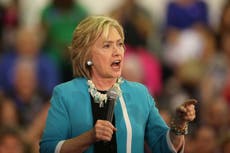
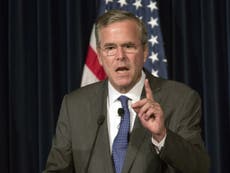
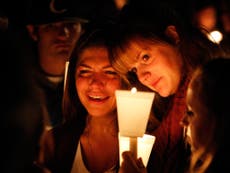
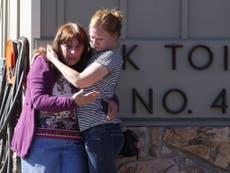
Join our commenting forum
Join thought-provoking conversations, follow other Independent readers and see their replies